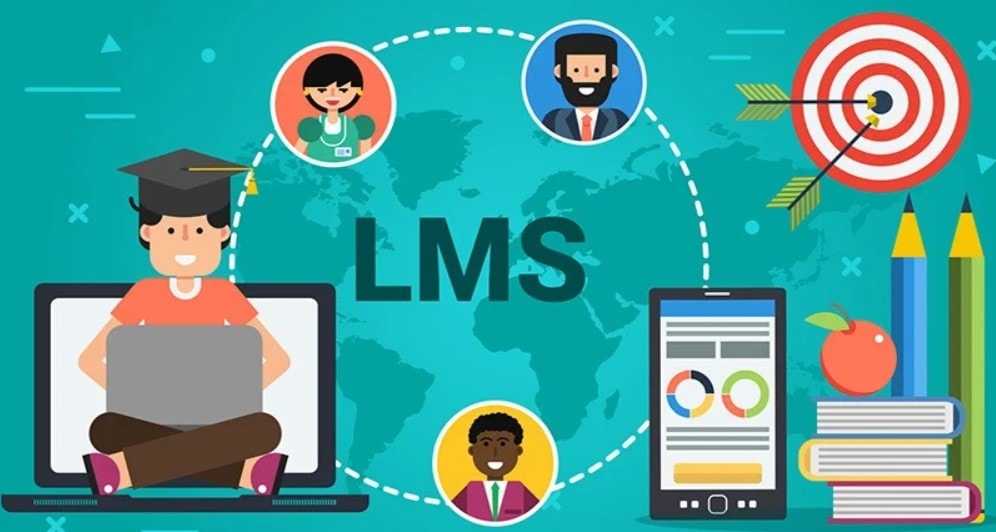With the rise of cloud computing and online SaaS services, the methods that may be used for online training have grown more accessible and reliable. In this article, I have shared “Who Uses LMS And Why?”
Students, professionals, small businesses, and nearly anybody who wants to learn can benefit from an online learning management system, or LMS because learning is no longer limited to a physical classroom or course materials sent through the mail.
Many of these programs provide a free trial or other forms of demos, making it simple to try them out before deciding which one is ideal for you. In this essay, we’ll go over who utilizes LMS and why it’s a good idea to use it.

Are you looking for the greatest LMS platform? Get Here to know more
What Is LMS?
Who Uses LMS And Why?
Anyone can utilize a learning management system, but this is frequently the case:
Colleges and universities – to give online courses to students who do not live on campus. LMS can also be used by educational institutions to supplement on-campus resources or extend their student population by addressing people outside of their typical areas.
Employee and manager training is provided by HR departments – LMS courses are typically used by businesses to develop the abilities of critical employees or as a requirement for a promotion.
Professional societies – In regulated areas like medicine, engineering, and financial services, trade societies use LMS for compliance training or specialty training for their members.
Entrepreneurs – LMS give ambitious entrepreneurs the tools they need to offer short-term skills-based courses in accountancy, marketing/Internet marketing, writing, and other subjects.
Hobbyists and self-learners – Hobbyists and self-learners can use a simple LMS to offer modules on a variety of topics, including photography, crafts, exercising, blogging, gardening, cooking, canning, and carpentry.
Standard LMS features
To evaluate different providers, you can break down LMS into standard and robust features or modules. Most LMS have all of these fundamental elements, with some LMS including additional functionality for specialist subjects such as post-graduate courses.
Basic characteristics:
- This module enrolls or subscribes students to their appropriate courses. After purchase, they will receive a license key, access username/password, or a secure link to begin the course.
- The system that delivers course materials and instructional content is known as course administration. It’s not only about distributing educational resources; it’s also about matching who gets which course content.
- Progress tracking – this module evaluates the progress of the students. Tracking can be done in weekly, monthly, or quarterly intervals, or after the course is completed.
Robust features:
- Reporting and analytics – this module collect data from student progress tracking in order to monitor the organization’s overall learning curve.
- Skills gap analysis – some LMS includes a pre-course assessment to help you determine your learning objectives and match them to appropriate course content. It’s also known as competency-based learning because it customizes your course and leads your progress based on your prior knowledge and learning curve.
- Collaborative learning – this module allows a group of people to share apps or documents, participate in discussion threads, and utilize other collaborative tools to share information.
- 360-degree reviews — This module allows students to submit feedback or suggestions to the teaching dynamics in addition to reviewing their performance. The feedback can be utilized to improve the course materials’ content or delivery.
Get a Huge Discount On the greatest LMS platform
Quick Links: